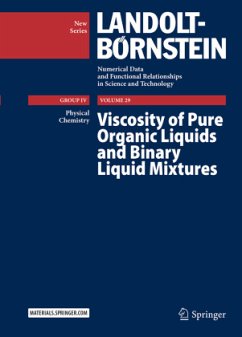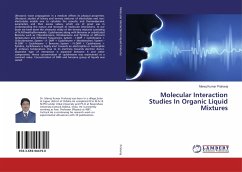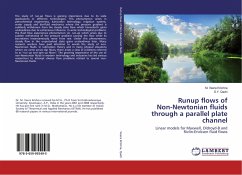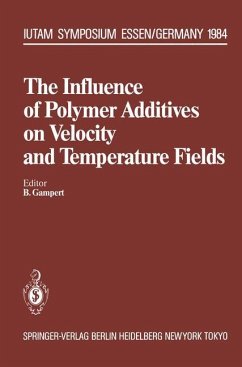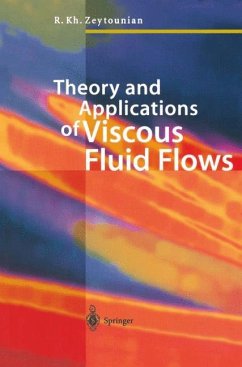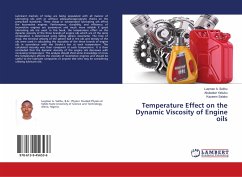
Temperature Effect on the Dynamic Viscosity of Engine oils
Versandkostenfrei!
Versandfertig in 6-10 Tagen
27,99 €
inkl. MwSt.

PAYBACK Punkte
14 °P sammeln!
Lubricant markets of today are being populated with all manner of lubricating oils with or without adequate/appropriate checks on the prescribed standards. These cheap or substandard lubricating oils affect the locomotive engines. Performance, durability, and efficiency of locomotive engines are paramount and much more reliable if good lubricating oils are used. In this book, the temperature effect on the dynamic viscosity of the three brands of engine oils which are of the same composition is determined using falling sphere viscometer. The time of drop, the terminal velocity of the sphere bal...
Lubricant markets of today are being populated with all manner of lubricating oils with or without adequate/appropriate checks on the prescribed standards. These cheap or substandard lubricating oils affect the locomotive engines. Performance, durability, and efficiency of locomotive engines are paramount and much more reliable if good lubricating oils are used. In this book, the temperature effect on the dynamic viscosity of the three brands of engine oils which are of the same composition is determined using falling sphere viscometer. The time of drop, the terminal velocity of the sphere ball in the oils and density of the oils were used in calculating the viscosities of the three brands of engine oils in accordance with the Stroke's law at each temperature. The calculated viscosity was then compared at each temperature. It is then concluded that the dynamic viscosity of the engine oils decreases with increasing temperature. The analysis should shed some knowledge on how the temperature affects the viscosity of locomotive engines and should be useful to the lubricant companies or anyone else who may be considering utilizing lubricant oils.



